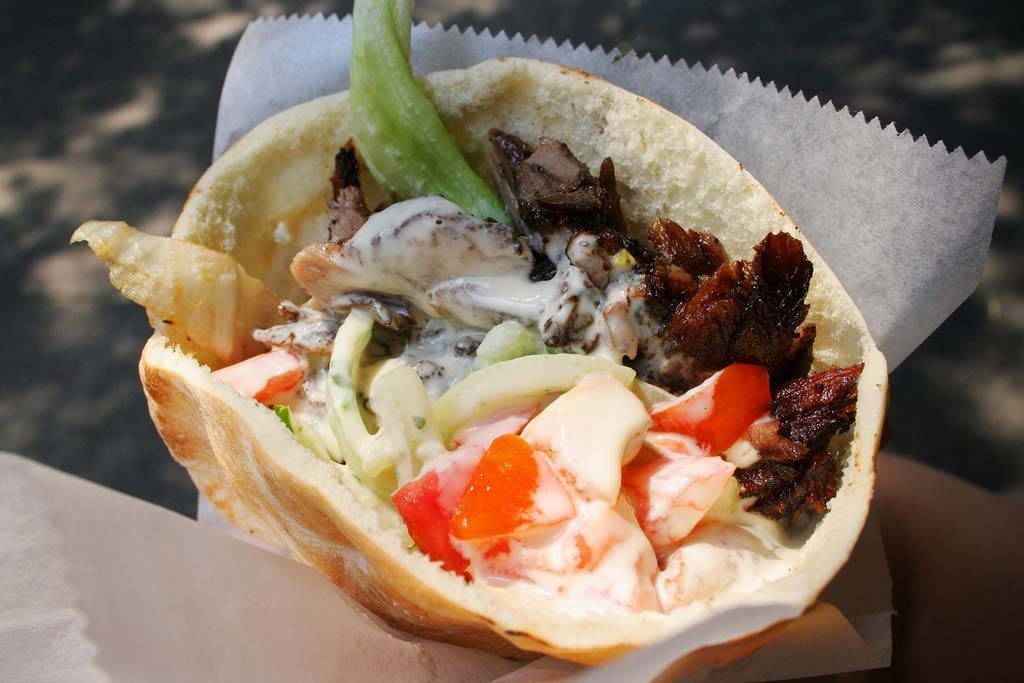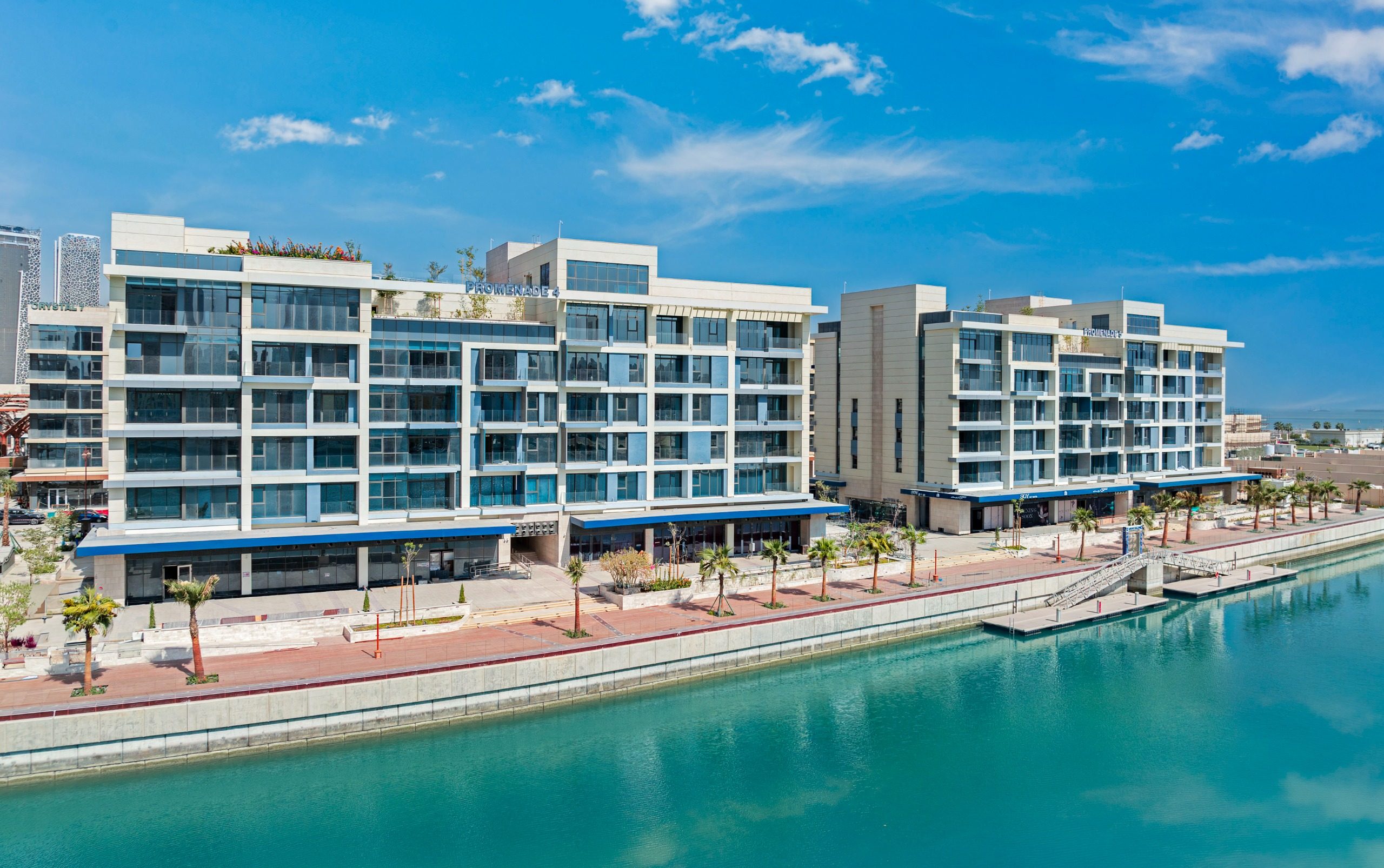
Qatar’s food inspectors, who are responsible for carrying out safety checks at the country’s cafes, restaurants and grocery stores, are expected to be trained so that all eateries are held to a unified standard.
The course comes at a time when Qatar is implementing stricter penalties for eateries found violating food safety rules. It will be carried out later this year in two phases of several months each, and is aimed at inspectors from both the Supreme Council of Health (SCH) and the country’s different municipalities.
A combined total of 250 out of the nation’s 300 inspectors are expected to undergo the “Risk Based Food Safety and Inspection Skills” training, which will be carried out by British food technology company Campden BRI.
The course teaches methods used in centers of excellence worldwide, equipping the country’s inspectors with “the highest international standards,” Dr. Sheikh Mohamed al-Thani, head of the National Committee for Food Safety, told journalists this week.
Tougher laws
Qatar has recently passed new, stricter amendments to its food law, which include longer closures, higher fines and potential jail time for offending outlets.
The government is also preparing to introduce public naming and shaming of food safety law violators on the Ministry of Municipality and Urban Planning website – something which has been suggested for years, but not consistently applied.
It’s likely that this is due to a reluctance in Qatar to publicly identify people in trouble with the law – a cultural norm adhered to by many of the country’s media outlets.
Speaking to journalists yesterday, Wasan Al Baker, Food Safety and Environment Health Manager at the SCH, acknowledged that the new policy would have to be enforced sensitively:
“We have to be very careful when we announce names (of outlets). We are accusing people in front of others. So we have to be careful and inspectors should know how to categorise the risks (associated with food) and the violations.”
The inspectors are expected to conclude the additional training in November.
Thoughts?







